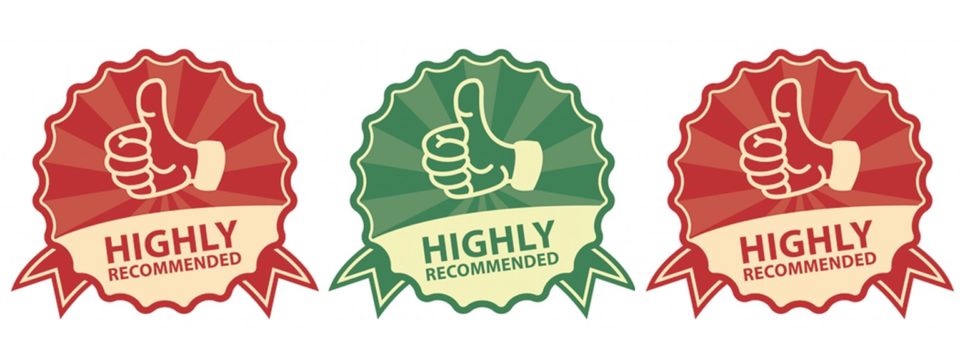
Carefully selecting professional references is an important process because in the final steps of hiring, those individuals will provide critical information for the employer to make a decision.
Identify references early and prepare each person in advance to keep the hiring process flowing. You don’t want to jeopardize a great career opportunity by not having people at the ready to speak on your behalf.
Hiring managers want to speak with people who know you in different professional capacities, so consider any whom you’ve worked who can add dimension to, and reinforce, the impression you’ve made on the employer.
Create a list of former managers, co-workers and direct reports who can speak to your strengths, accomplishments, management style/effectiveness, work ethic and character. Vendors and clients with whom you’ve had strong, long-term relationships can be valuable additions too. While employers often ask for 2 - 3 professional references, it’s good practice to have more people on your list so you can choose the right contacts for the situation.
Some employers may ask for personal character references too. Add friends who are familiar with the work you do so they can provide feedback that’s appropriate and meaningful to the role.
Reach out to potential references before your job search to determine if they are willing and able to speak on your behalf. Ensure they are comfortable providing a reference and will be available during your anticipated timeframe. If you sense any hesitation, starting early gives you time to line up alternates.
An added bonus to letting some trusted colleagues know you are searching for a new job is that they may be able to connect you with helpful contacts or potential opportunities.
After obtaining agreement from your references, confirm their preferred email addresses, phone numbers and current titles, departments and company names. Let them know approximately when they might be contacted, especially if it is imminent, so they are prepared for the potential employer’s call or email. If the possibility of contact is far off, update them periodically on the status of your job search. With people you’ve identified as your champions, the last thing you want to do is set them up for surprise.[/vc_column_text][/vc_column][/vc_row][vc_row type="in_container" full_screen_row_position="middle" scene_position="center" text_color="dark" text_align="left" overlay_strength="0.3"][vc_column column_padding="no-extra-padding" column_padding_position="all" background_color_opacity="1" background_hover_color_opacity="1" column_shadow="none" width="2/3" tablet_text_alignment="default" phone_text_alignment="default" column_border_width="none" column_border_style="solid"][vc_column_text]
Make sure your references can provide recommendations that speak to your most recent roles and responsibilities. If you had a strong and positive relationship with a person many years ago, they may not know your current capabilities or be able to answer questions about your expertise, accomplishments or leadership potential. Schedule a call or meeting and send them your current resume and link to your LinkedIn profile. Take time to describe your current role, responsibilities and results you’ve achieved, any recent education or certifications you’ve earned and the positions you are targeting. This important information will help references think about how they can best answers employers’ questions
Follow the potential employer’s directions regarding reference requirements and send a list complete with each person’s title, organization and contact information. Some will ask for two or more former managers, or possibly two business references and two personal references. With a comprehensive list prepared, you can choose the right mix of people. If anyone on your list has a history with a particular employer, they'll make a great choice since they are familiar with the organization as well as your capabilities.[/vc_column_text][vc_column_text]Right before you give a reference list to an employer, contact each person to tell them about the role for which you are being considered, why you are a strong candidate and the key things for which the company is looking so they can provide strong responses when contacted. Also let them know the name and title of the person who will likely be contacting them. And finally, be sure to thank professional references after they have been contacted and keep them updated on your job search.
Well-chosen and prepared references are critical to the last stage of hiring decisions. The extra steps you take can ensure a positive outcome.